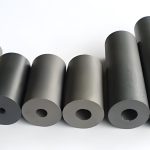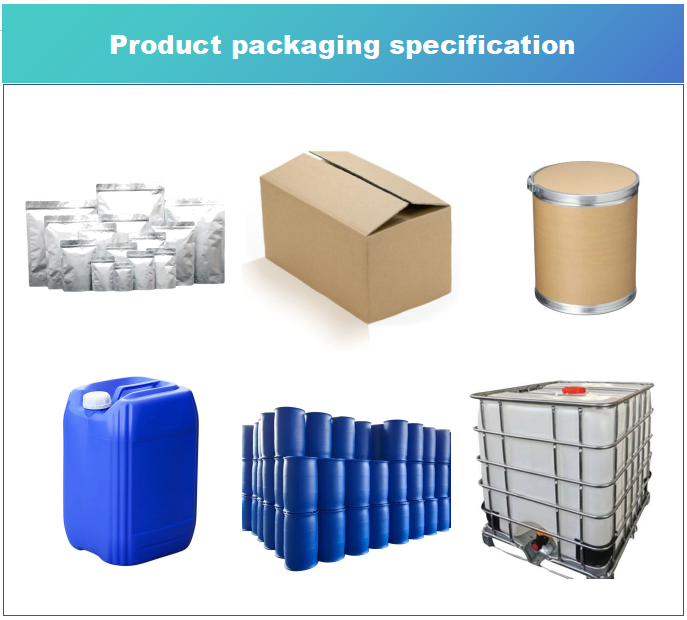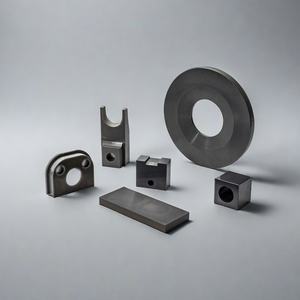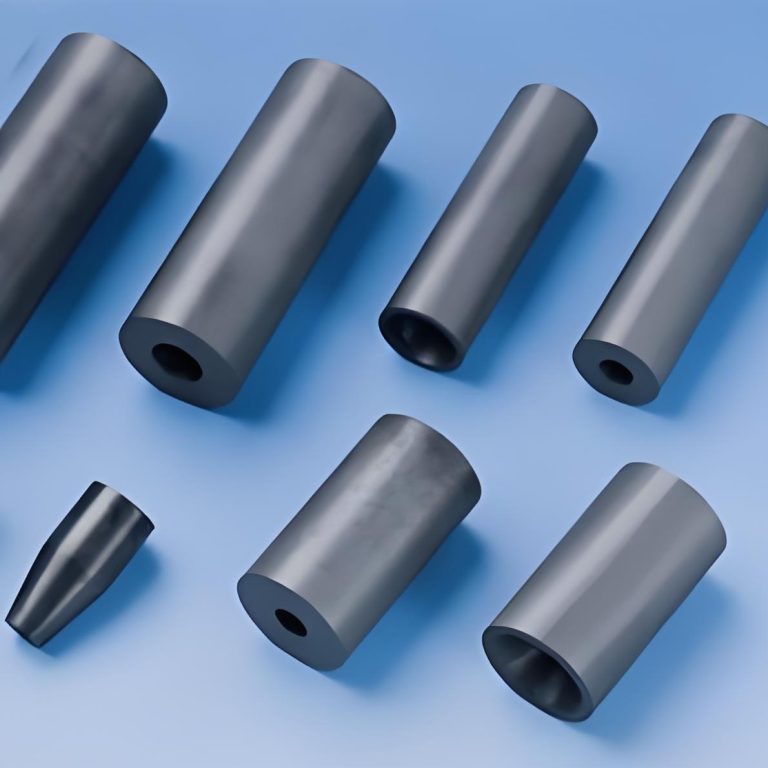Professional and high-quality metal alloys, ceramic products and concrete additives | RBOSCHCO
PRODUCT PARAMETERS
Description
Introduction of Boron Carbide Tubes
Boron Carbide Tubes is a high-performance ceramic pipe made of boron carbide (B₄C) material. Boron carbide is a super-hard material with high hardness, low density, excellent abrasion and corrosion resistance, and is widely used in industry, nuclear energy and scientific research. Boron carbide tubes are usually made by hot-press sintering or cold-press sintering process, with dense structure and excellent mechanical properties, suitable for use in extreme environments.

Features of Boron Carbide Tubes
High hardness: Boron carbide has a Mohs hardness of up to 9.3, second only to diamond and cubic boron nitride, and is able to resist high wear and mechanical impact.
Low density: With a density of approximately 2.52 g/cm³, it is lighter than most metals and ceramic materials, making it suitable for lightweight applications.
Excellent wear resistance: Boron carbide tubes are extremely wear-resistant and suitable for high-wear environments.
High-Temperature Resistance: With a melting point of up to 2450°C, it maintains stable mechanical properties at high temperatures.
Corrosion resistance: excellent resistance to acids, alkalis, and most chemical reagents, suitable for corrosive environments.
Neutron absorption capacity: Boron carbide has a high absorption cross section for neutrons and is a commonly used neutron absorption material in nuclear reactors.
High rigidity: It has a high modulus of elasticity and can withstand large mechanical stress.
Parameters of Boron Carbide Tubes
| Property | Specification |
| Chemical Formula | B₄C |
| Hardness (Vickers) | ~35 GPa |
| Density | 2.52 g/cm³ |
| Melting Point | 2450°C (4442°F) |
| Thermal Conductivity | 27-129 W/m·K (depending on purity and orientation) |
| Thermal Expansion Coefficient | 6.5 × 10⁻⁶ K⁻¹ |
| Electrical Resistivity | High (acts as an electrical insulator) |
| Compressive Strength | > 3.5 GPa |
| Tensile Strength | Relatively low due to brittleness |
| Modulus of Elasticity | 460-500 GPa |
| Fracture Toughness | Low (~3 MPa·m^(1/2)) |
| Chemical Stability | Highly resistant to most acids, alkalis, and molten salts |
| Neutron Absorption Cross Section | High (~760 barns for natural boron) |
| Corrosion Resistance | Excellent in most environments |
| Acoustic Properties | Good sound damping characteristics |
| Biocompatibility | Generally considered biocompatible |
| Environmental Impact | Non-toxic; long service life reduces replacement frequency |
| Manufacturing Process | Hot isostatic pressing (HIP), sintering, reaction bonding, machining |
| Typical Dimensions | Inner diameter: varies by application; Outer diameter: varies by application |
| Wall Thickness | Customizable based on application requirements |
| Length | Can be manufactured in lengths suitable for specific applications |
Applications of Boron Carbide Tubes
Nuclear industry: used as neutron absorbing material for control rods and shielding components in nuclear reactors.
Wear-resistant components: Used in the manufacture of pipes, nozzles, and conveying systems in highly abrasive environments.
Chemical equipment: used to manufacture corrosion-resistant reactors, pipes, and valves for strong acid and alkali environments.
Aerospace: for the manufacture of lightweight, high-strength structural components such as spacecraft shields and propulsion system components.
Scientific research: for corrosion- and wear-resistant components in high-temperature and high-pressure experimental equipment.
Electronics industry: used in semiconductor manufacturing for high-purity material transportation piping.
Bulletproof armor: used as lightweight bulletproof material for protective equipment and vehicle armor.
Company Profile
RBOSCHCO is a trusted global chemical material supplier & manufacturer with over 12 years experience in providing super high-quality chemicals and Nanomaterials.
The company has a professional technical department and Quality Supervision Department, a well-equipped laboratory, and equipped with advanced testing equipment and after-sales customer service center.
If you are looking for high-quality Boron Carbide Tubes please feel free to contact us or click on the needed products to send an inquiry.

Payment Term
T/T, Western Union, Paypal, Credit Card etc.
Packing and Storage
The product is in powder form and should be stored in a cool, ventilated place. Avoid inhalation when using it and keep away from open flames, heat sources, etc.

Shipment Term
By air, by sea, by express, as customers request.
FAQs of Boron Carbide Tubes
Question 1: What are the main application areas of boron carbide tubes?
Answer: Boron carbide tubes are widely used in high-tech fields such as protective equipment, neutron absorbing materials in the nuclear industry, grinding and cutting tools, chemical anti-corrosion piping, and aerospace, due to their excellent hardness and wear resistance.
Question 2: Why does a boron carbide tube have excellent corrosion resistance?
Answer: Boron carbide is a chemically very stable ceramic material with high resistance to most acid and alkali solutions, which enables boron carbide tubes to remain stable in extreme chemical environments and is not easily eroded or decomposed.
Question 3: Are boron carbide tubes suitable for use as components in high-temperature environments?
Answer: Yes, boron carbide has an extremely high melting point (about 2450°C) and maintains its physical and chemical properties at high temperatures, making it ideal for use in industrial processes and equipment that require high-temperature resistance.
Question 4: How can boron carbide tubing be processed to fit a specific application?
Answer: Due to the high hardness of boron carbide, traditional machining methods are difficult to apply directly. Diamond grinding wheels are usually used for precision grinding, or special machining techniques such as laser and EDM are used to manufacture boron carbide tubes of specific shapes and sizes.
Question 5: What are the precautions for safe handling and use of boron carbide tubes?
Answer: Although boron carbide itself is relatively safe, inhalation of dust should be avoided, and appropriate safety measures such as wearing goggles, masks, and gloves should be taken when handling the powder or performing the process. In addition, the brittle nature of boron carbide tubes should be considered when designing products to prevent rupture due to sudden impact.
REQUEST A QUOTE
RELATED PRODUCTS

High-performance silicon nitride slides for induction hardening machines

Customized high temperature refractory high purity silicon carbide rollers

New high quality adjustable temperature soldering iron heater

Customized Precision Heat Resistant High Quality Silicon Nitride Ceramic Casing

Wear-resistant silicon nitride ceramic high-precision silicon nitride degassing rotor impeller shafts





